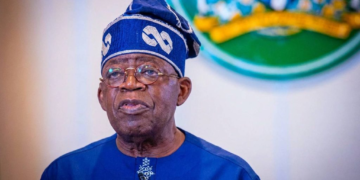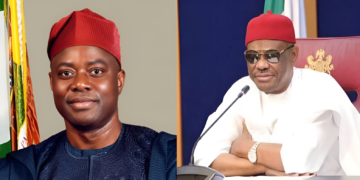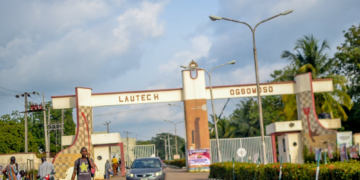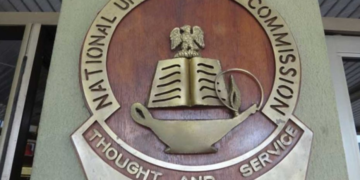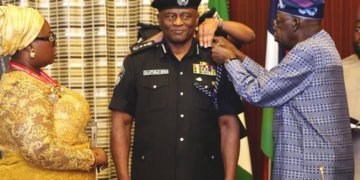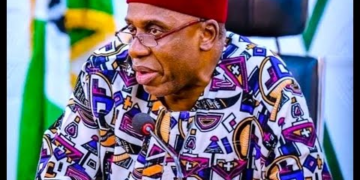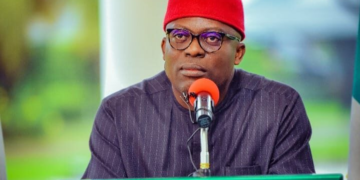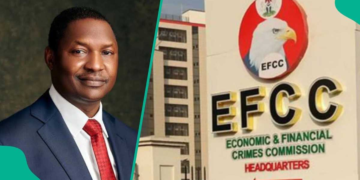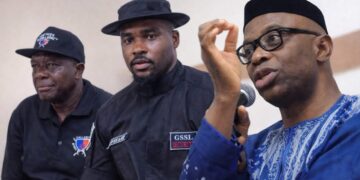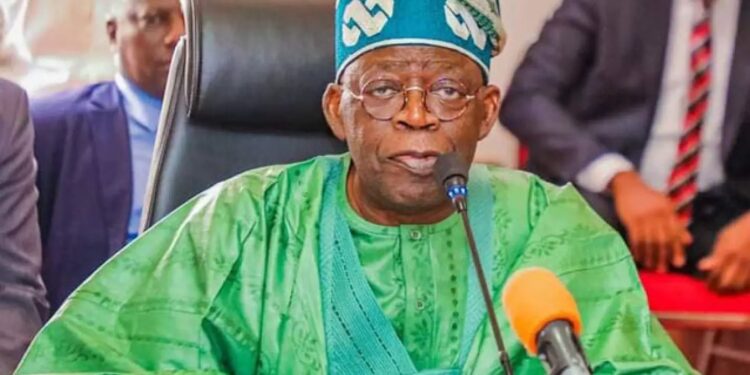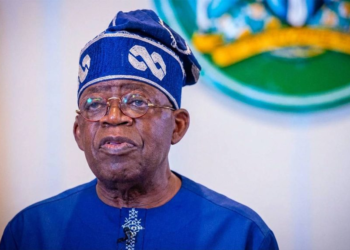President Bola Tinubu has expressed strong dissatisfaction with Nigeria’s current power generation capacity, labeling the 4.5 gigawatts output as “shameful.” He called for concerted efforts from members of the Presidential Economic Coordination Council (PECC) to enhance the country’s electricity infrastructure.
The President’s remarks were disclosed by his spokesman, Ajuri Ngeglale, in a statement released following the PECC’s inauguration at the State House in Abuja on Thursday. “We are determined to do that with your cooperation, collaboration, and recommendations. As a nation, it is so shameful that we are still generating 4.5GW of electricity,” Tinubu stated. He underscored the necessity of addressing Nigeria’s energy security challenges by boosting both the oil and gas sectors and enhancing electricity generation and distribution across the country.
President Tinubu set ambitious targets, aiming to increase oil production to 2 million barrels per day within the next few months. He emphasized removing investment barriers in the energy sector to enhance its competitiveness and efficiency. Highlighting the need for innovative solutions to Nigeria’s economic challenges, Tinubu stressed the importance of public-private partnerships. He announced a N2 trillion economic stabilization plan, part of a broader initiative to stabilize the economy, boost job creation, and ensure economic security.
Focusing on energy security, Tinubu’s initiative aims to increase on-grid electricity from 4.5 gigawatts to 6 gigawatts within six months. This plan also includes substantial improvements in the oil and gas sector, with a goal of achieving a daily oil production rate of 2 million barrels within a year.
President Tinubu’s remarks and the outlined initiatives reflect a commitment to overcoming Nigeria’s longstanding energy issues. The success of these measures will depend heavily on the collaboration between government bodies and the private sector. For further details, please refer to the official statement by the presidential spokesman, Ajuri Ngeglale, and additional reports on the subject.

